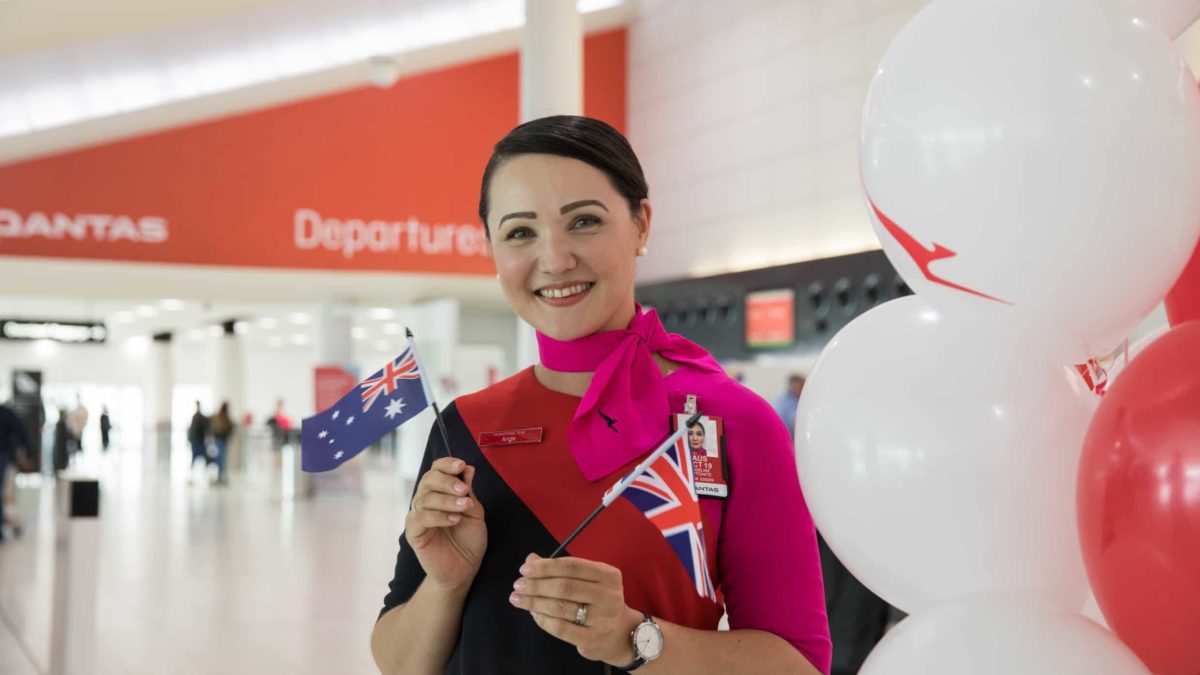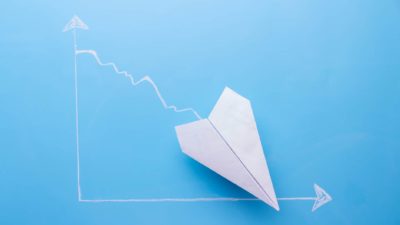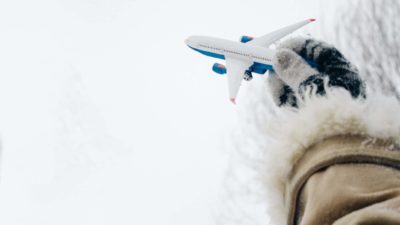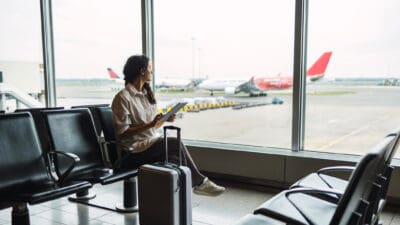The Qantas Airways Limited (ASX: QAN) share price has been a positive performer on Thursday.
At the time of writing, the airline operator's shares are up 3% to $4.67.
Why is the Qantas share price taking off?
This morning Qantas released a market update and revealed that a sustained rebound in domestic travel demand, and the performance of its Freight and Loyalty divisions, is continuing to drive the company's recovery from the COVID-19 pandemic.
According to the release, based on current trading conditions, Qantas expects to be statutory free cash flow positive for the second half of FY 2021.
In addition, the company notes that its net debt peaked at $6.4 billion in February and is expected to reduce below $6 billion by the end of the financial year.
Furthermore, the company is set to achieve positive free cash flow whilst it still has high levels of liquidity. At the end of April, Qantas had total funds of $4 billion, including cash of $2.4 billion and $1.6 billion of undrawn debt facilities.
And while the company continues to expect to post a statutory loss before tax in excess of $2 billion in FY 2021, its underlying earnings before interest, tax, depreciation and amortisation (EBITDA) is expected in the range of $400 million to $450 million.
Though, it is worth noting that this guidance assumes no further lockdowns or significant domestic travel restrictions.
Cost reductions success
Also giving the Qantas share price a boost today was an update on its cost reductions. Qantas revealed that it is making significant progress with its target of at least $1 billion in annual cost reductions by FY 2023. Today's update shows that $600 million of cost reductions is expected to be delivered this financial year.
This includes the completion of 90% of redundancies associated with the previously announced 8,500 job losses and a two-year wage freeze that will apply to the next round of enterprise agreements. Following the freeze, there will be 2% annual increases compared with 3% increases pre-COVID.
In addition to this, the company is reducing its costs of sale by lowering front-end commissions paid to travel agents on international tickets from 5% to 1%. This could be a bit of a blow to the likes of Flight Centre Travel Group Ltd (ASX: FLT).
However, Qantas advised that this change won't take effect until July 2022, giving time for the industry to adapt. It notes that travel agents remain an important partner and Qantas will work with them on broader revenue opportunities, particularly through technology.
Management commentary
Qantas' CEO, Alan Joyce, said: "We have a long way still to go in this recovery, but it does feel like we're slowly starting to turn the corner. It's great to see so many of our people now back at work and the majority of our fleet back in the air. Our recovery strategy of targeting cash-positive flying rather than pre-COVID margins is helping increase activity levels and repair our balance sheet."
"The fact we're making inroads to the debt we needed to get through this crisis shows the business is now on a more sustainable footing. The main driver is the rebound of domestic travel, which now looks like it will be bigger than it was pre-COVID, at least until international borders re-open."
"Jetstar was profitable on an underlying EBIT basis in April, which was largely due to strong leisure demand over Easter and school holidays, but it's an important sign that we're on the right path."
The Chief Executive also spoke about international borders and is hopeful they will reopen sooner rather than later.
He explained: "We've adjusted our expectations for when international borders will start opening based on the government's new timeline, but our fundamental assumption remains the same – that once the national vaccine rollout is effectively complete, Australia can and should open up."
"That's why we have aligned the date for international flights restarting in earnest with a successful vaccination program. No one wants to lose the tremendous success we've had at managing COVID but rolling out the vaccine totally changes the equation. The risk then flips to Australia being left behind when countries like the US and UK are getting back to normal."
"Australia has to put the same intensity into the vaccine rollout as we've put on lockdowns and restrictions, because only then will we have the confidence to open up," he concluded.








